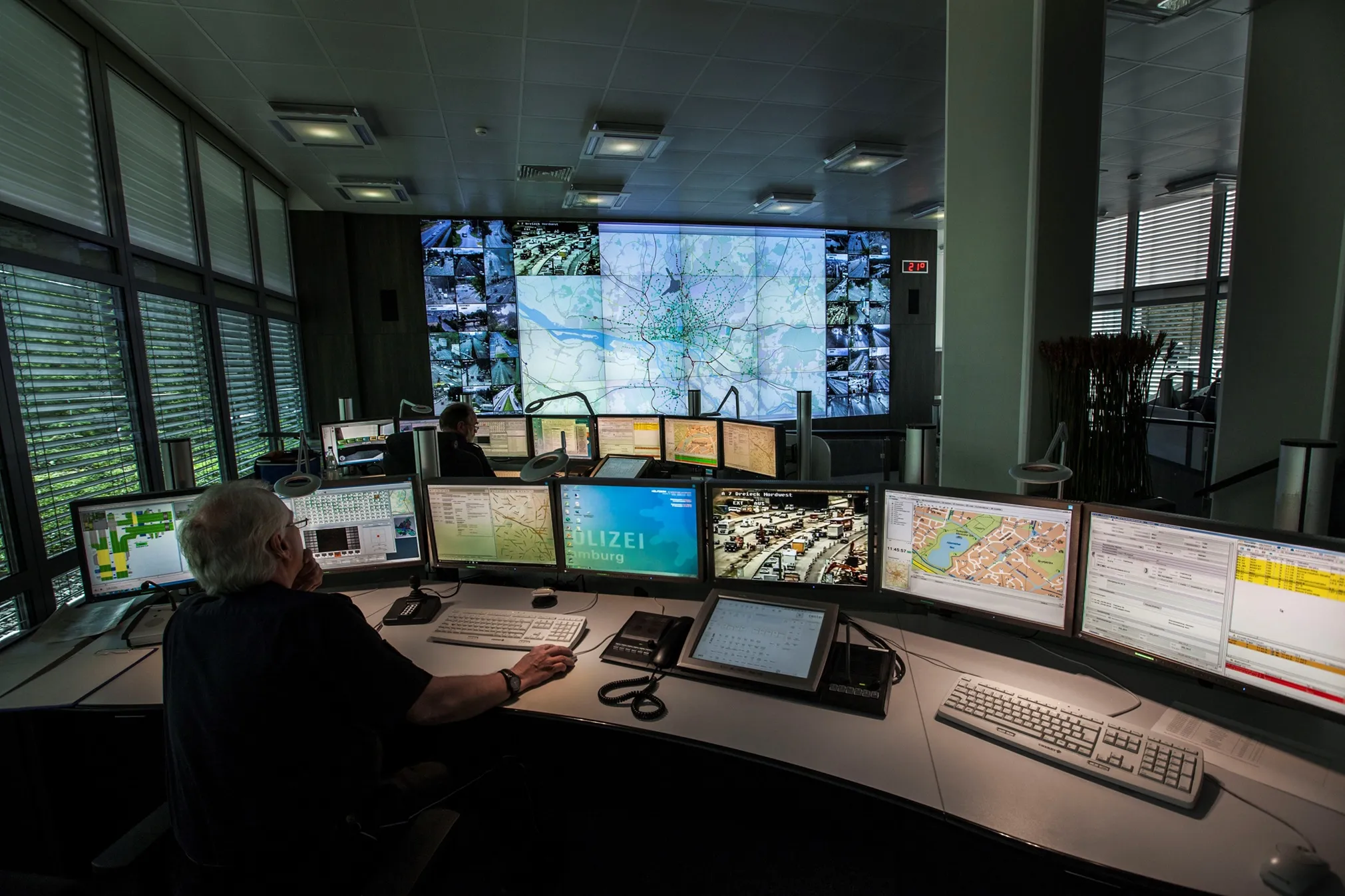TrafficLand and global aerospace and defence company Exelis are working together to deliver real-time information on street-level weather conditions.
The Exelis Helios environmental intelligence platform analyses images from TrafficLand roadway camera network to detect and track weather conditions. It uses proprietary algorithms that give users the ability to monitor current conditions and detect changes in visibility, precipitation and road surface conditions at a street scale. Helios can then inform u
March 18, 2014
Read time: 1 min

The Exelis Helios environmental intelligence platform analyses images from TrafficLand roadway camera network to detect and track weather conditions. It uses proprietary algorithms that give users the ability to monitor current conditions and detect changes in visibility, precipitation and road surface conditions at a street scale. Helios can then inform users of threatening conditions via API or web interface for integration across platforms.










